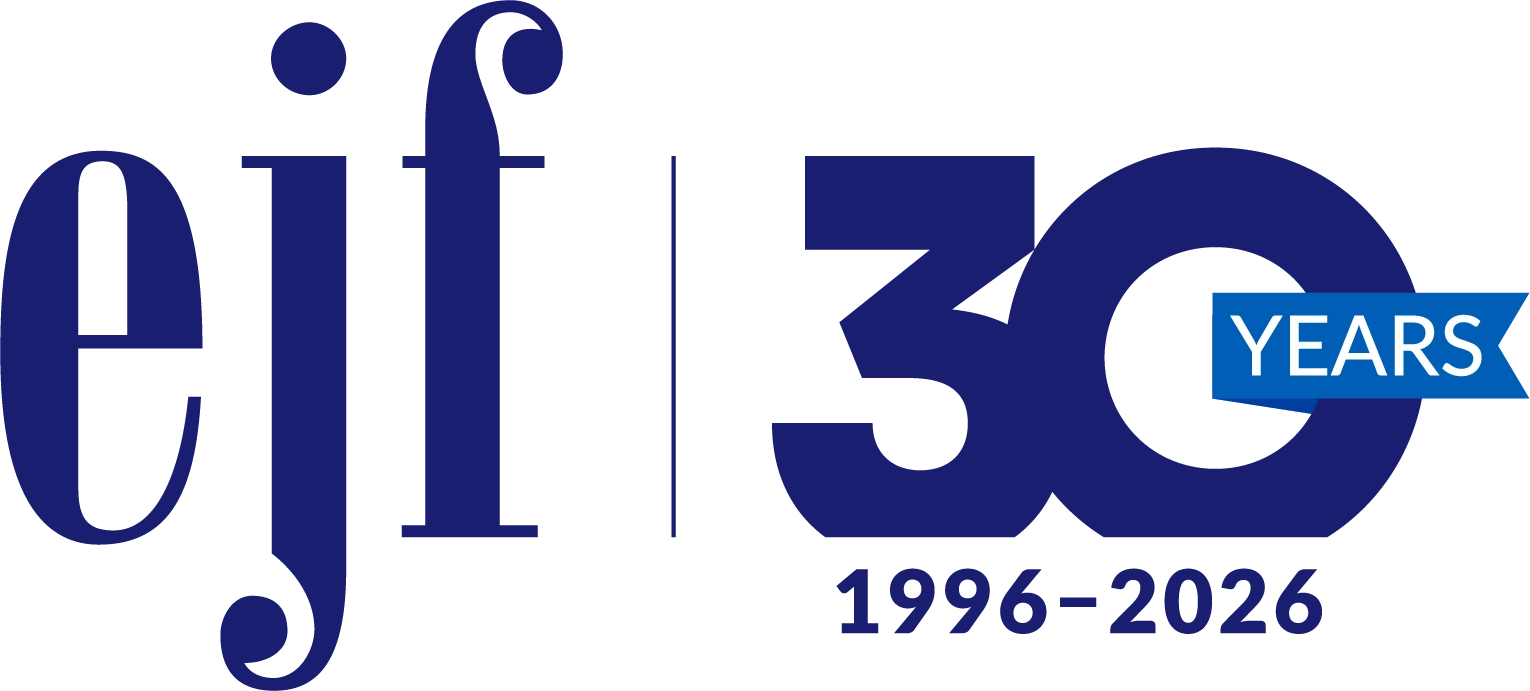Managing a Homeowners Association (HOA) in Charlottesville, VA comes with many responsibilities, and financial management is one of the most critical aspects. Whether you're an HOA board member, a homeowner, or a real estate professional, understanding HOA financial statements is essential for maintaining an HOA's financial health and ensuring transparency.
This guide will walk you through the key components of these statements, why they matter, and how to interpret them.
What Is an HOA Financial Statement?
An HOA financial statement is a formal document that details the income, expenses, assets, liabilities, and overall financial health of a homeowners association. These statements ensure accountability and transparency for all community members. They serve as vital tools for financial planning, legal compliance, and informed decision-making within a Charlottesville HOA.
Why Are They Important?
Transparency: They show homeowners how their dues are being used.
Budgeting: Help create informed budgets and allocate funds effectively.
Legal Compliance: Ensure the HOA meets its state and federal financial reporting requirements.
Key Components of HOA Financial Statements
Understanding the main components of an HOA financial statement is crucial for evaluating a Charlottesville association's financial position. Here’s what you’ll typically find in these statements:
1. Balance Sheet
A balance sheet provides a snapshot of an HOA’s financial position at a specific point in time.
Assets: These include bank accounts, investments, and properties owned by the HOA.
Liabilities: Any debts or obligations, such as loan payments or vendor invoices.
Equity: The difference between assets and liabilities, representing the HOA's net worth.
For example, if your HOA has $500,000 in assets and $100,000 in liabilities, its equity is $400,000. A healthy balance sheet ensures financial stability and transparency.
2. Income Statement
Also known as profit-and-loss statements, income statements summarize the HOA’s revenue and expenses over a specific period.
Revenue: Includes homeowner dues, fees from amenities, and special assessments.
Expenses: Covers upkeep costs, salaries of management companies, and utilities.
By analyzing the income statement, you can determine whether the HOA operates at a surplus (positive balance) or a deficit (negative balance).
3. Cash Flow Statement
This tracks the inflow and outflow of cash within the HOA.
Operating Activities: Regular income and daily expenses.
Investment Activities: Spending on long-term projects, such as new roofs or playgrounds.
Financing Activities: Loan repayments or contributions to the reserve fund.
A strong cash flow statement ensures the HOA can meet its obligations without delays.
4. General Ledger
The general ledger is like a master account book that records all financial transactions. It includes the cash disbursements ledger, which details all payments made by the HOA. This ensures all cash outflows are documented and accounted for properly.
5. Accounts Payable Report
This shows all current obligations to vendors, such as unpaid maintenance bills or ongoing project costs. Accurate reporting ensures timely payments and protects the HOA from penalties.
6. Account Delinquency Report
This helps the HOA track unpaid homeowner dues. It categorizes delinquent accounts into time frames like 30, 60, or 90 days overdue. Keeping this report up-to-date ensures financial stability and aids in collection efforts.
Who Prepares HOA Financial Statements?
In Charlottesville, typically the HOA treasurer is responsible for preparing HOA financial statements. However, many associations choose to hire professional association management companies or accountants to ensure compliance and accuracy. The HOA board reviews and approves these documents to maintain accountability.
How Often Are They Prepared?
The frequency depends on the HOA's size and complexity:
Small HOAs: Typically generate financial statements quarterly.
Larger HOAs: Prepare them monthly to reflect ongoing operations.
Annual Statements: Comprehensive reports should be prepared by all HOAs at the end of the fiscal year.
Best Practices for Charlottesville HOA Financial Management
Proper financial management is critical to keeping your HOA financially sound and transparent. Here are a few tips to ensure success:
Use Financial Statements for Budgeting
Leverage monthly financial statements to create accurate and realistic budgets. This will help fund maintenance, unexpected repairs, and long-term projects effectively.
Ensure Compliance with GAAP
Follow Generally Accepted Accounting Principles (GAAP) to maintain consistent and accurate reporting.
Review Financial Reports Regularly
HOA boards should review financial documents frequently to spot inconsistencies or potential issues early on.
Promote Financial Transparency
Make financial reports accessible to community members through secure portals or board meetings. Transparency builds trust within the community.
Why It Matters
A well-prepared financial statement isn't just about numbers—it represents the HOA's ability to manage its resources and ensure the community thrives. Mismanagement of finances can lead to conflicts with Virginia state law, distrust, and financial instability.
Build Stronger HOAs with EJF’s Financial Expertise
Understanding HOA financial statements is crucial for everyone involved in the management or membership of a homeowners association in Charlottesville.
Whether you're tracking delinquent accounts or evaluating reserve funds, these documents empower you to make informed decisions that protect and grow the community's assets.
Feeling overwhelmed? EJF Real Estate specializes in HOA financial management and can help your community ensure transparency, accuracy, and compliance. Contact us today to learn how we can streamline your financial reporting and build a stronger HOA for you in Charlottesville.
Other Resources:
6 Key Steps For Effective Community Association Board Meetings
How to Avoid Conflicts of Interest as a Community Association Board Member




